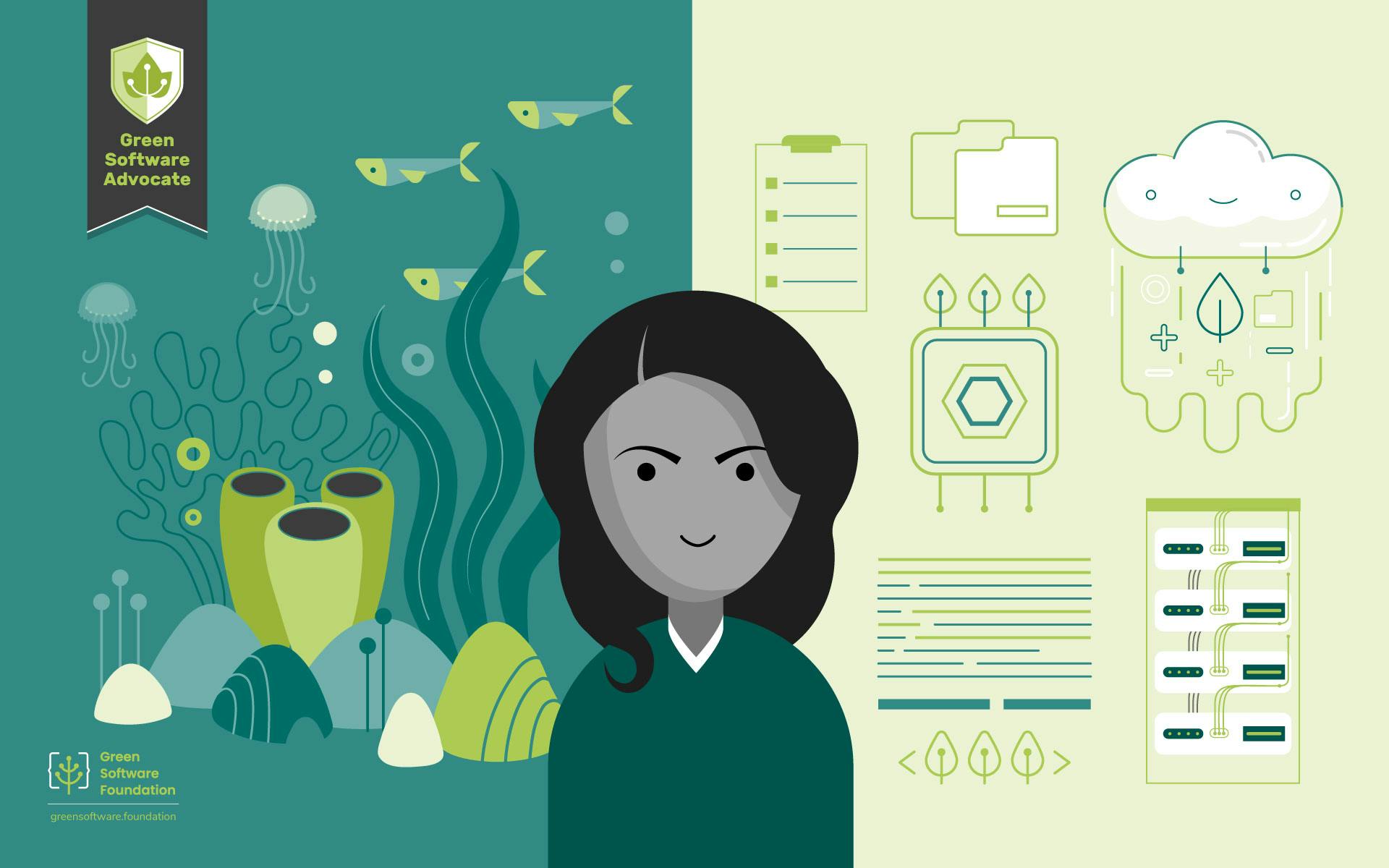What inspired you to focus on the intersection of software engineering and environmental sustainability?
During a sailing trip with Exxpedition, our primary objective was to collect ocean samples for plastic analysis, contributing to valuable research efforts. As we gathered on our final night, the group passionately deliberated on how to translate our experiences into meaningful action. It was during this discussion that I realized my commitment to doing more.
Upon reflection, I was reminded of some of my earliest childhood memories of my family growing our own vegetables, and my parents reusing and recycling items because waste prevention was an act of consciousness. And so, I realized that my career and professional journey held the potential for significant impact. I drew a simple triangle with projects and technology and added the third component, sustainability. Then I started reading and exploring what was available, and I knew I could help contribute.. My journey into sustainability was through research.
In the past five years, have you seen a specific initiative or project significantly driving the green transition in software?
I believe it's grassroots initiatives driven by passionate individuals who dig deep, question, and strive to enhance sustainability through more efficient technology use. While there isn't a single standout project, the migration of applications to cloud infrastructure has undeniably marked a significant stride towards efficiency and the utilization of greener energy sources.
What advice would you give to software engineers who are passionate about building green software?
Explore options, question your current status quo, and if you see gaps, don’t shy away from brainstorming and sharing solutions in the opensource. Also, remember to put energy usage and carbon emissions in your devops cycles.
Are you happy with how you have balanced your role as a tech generalist with your commitment to climate activism in the tech industry?
Yes, I love this space and there is so much we can collectively do to improve. Technology is ubiquitous in our lives and we can educate and change our behaviors to create, deploy and use technology to be green.
How do you see collaboration and partnerships shaping the future of green software and a more sustainable tech culture?
Collaboration is essential at every level: within teams, across organizations, and even between institutions. It's not solely the responsibility of software engineers. When the various layers of organizations—micro, meso, and macro—collaborate effectively, we pave the way for a greener future. Time is of the essence; we can't afford to wait for years to change the tech culture. The change needs to begin now.
Where will you focus most of your energy in the next two years?
I want to continue my studies and contribute more to the discussion around green information technology and software. Being actively involved within the GSF and engaging on different issues with other member organizations will be essential to developing research findings that add to academic theory, companies, and communities. I also intend to maintain an open conversation in the workplace, inside the foundation, and across communities so that I can share the results of my work along the way and learn as I go.
This article is licenced under Creative Commons (CC BY 4.0)
